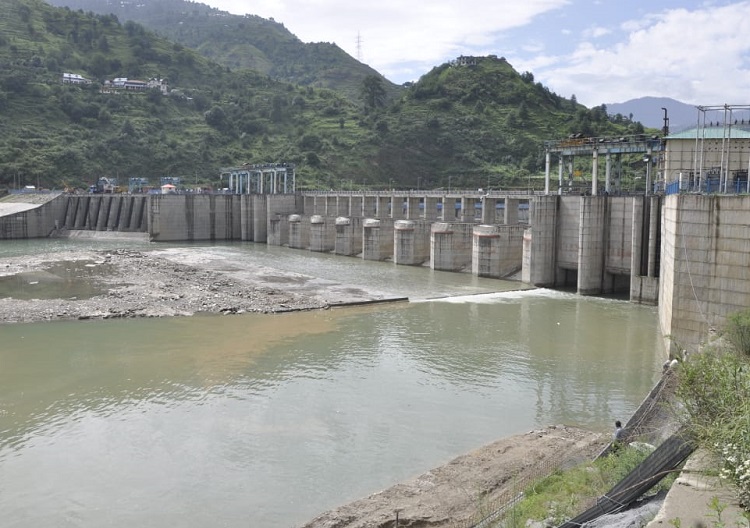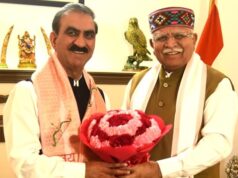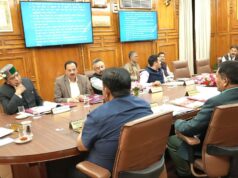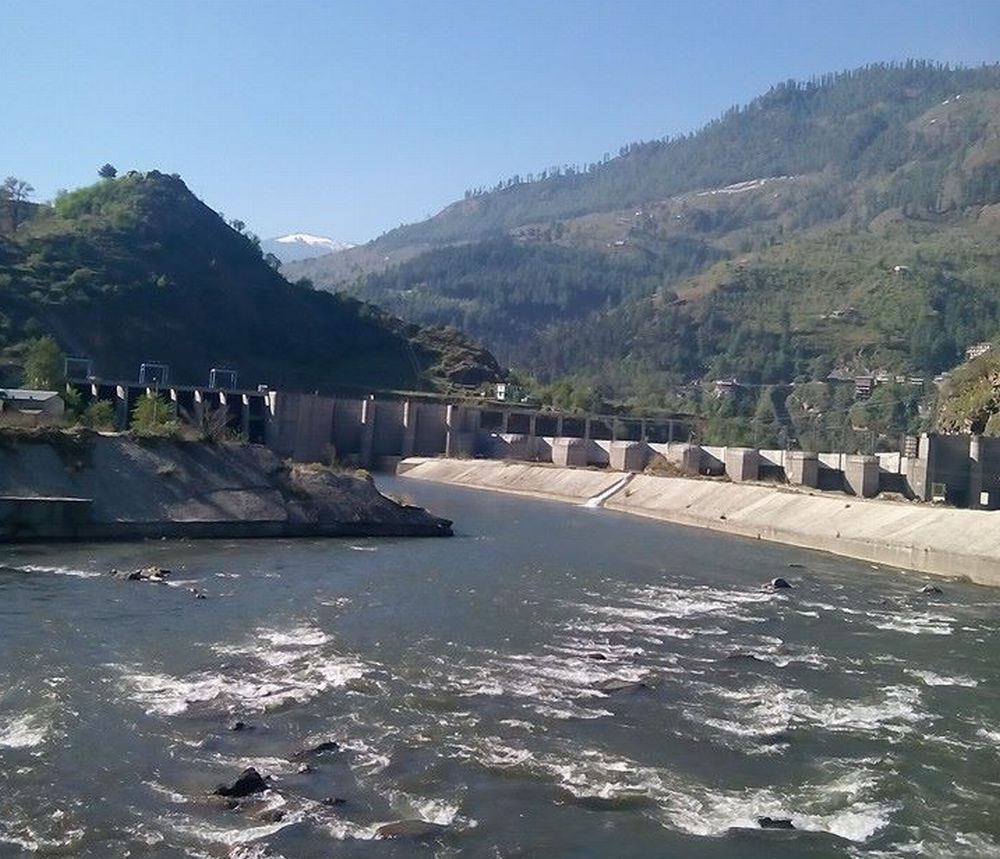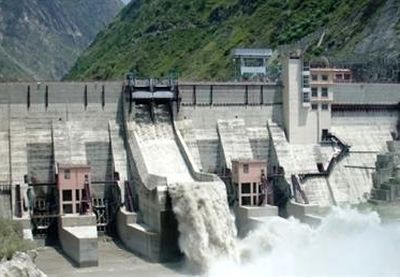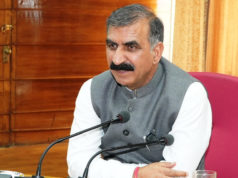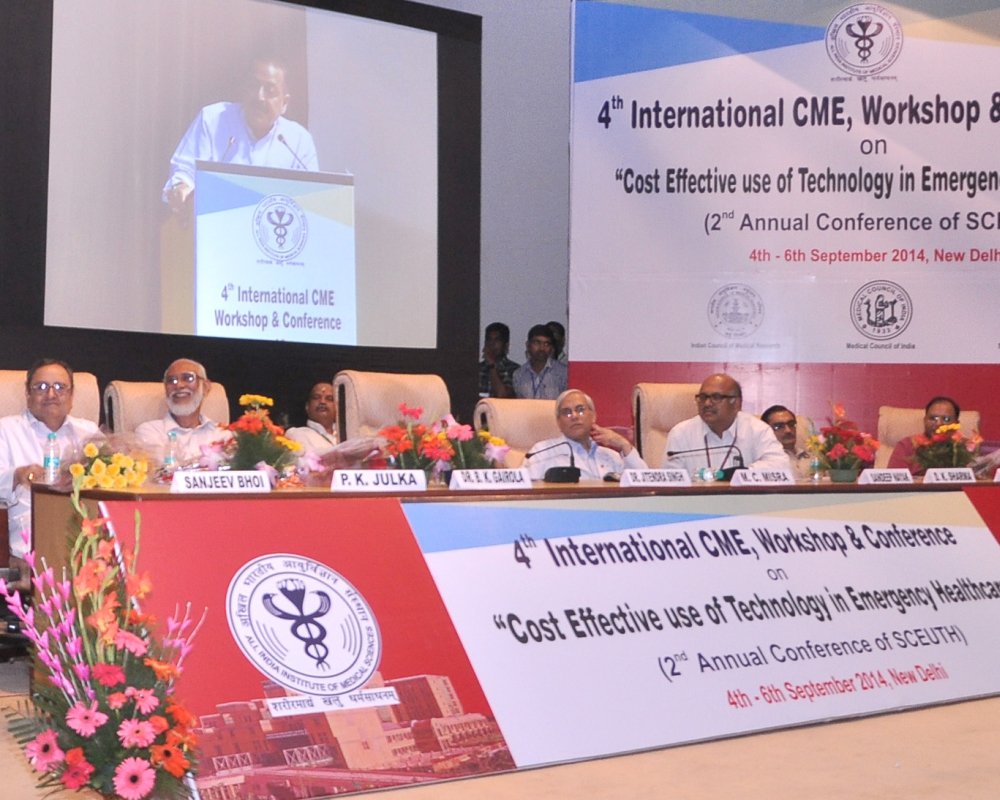Shimla – In a significant development, the Himachal Pradesh government is gearing up to take control of three crucial power projects from Satluj Jal Vidyut Nigam (SJVN), a Government of India undertaking. The projects in question—Sunni, Luhri, and Dhaulasidh—have become the center of a growing conflict between the state government and SJVN.
The Chief Minister of Himachal Pradesh, Sukhwinder Singh Sukhu, is scheduled to meet with Union Energy Minister RK Singh on Thursday in New Delhi. The conflict arises from the projects allocated to SJVN during the tenure of the former Jairam government.
Sources suggest that the state government is dissatisfied with the progress of the hydropower sector and has sought to reevaluate the terms of the projects. In contrast to the previous government, which made several concessions, the present administration has increased the royalty in power projects significantly. The royalty rates have been elevated from 12, 18, and 30 per cent to 20, 30, and 40 per cent, respectively. Notably, the projects granted to SJVN were reportedly not yielding more than five per cent in royalty.
SJVN had taken up these projects during the previous government’s tenure, but the implementation agreement is yet to be signed. Consequently, the company now faces the prospect of entering into an agreement based on the new conditions imposed by the current government.
Chief Minister Sukhwinder Singh Sukhu is expected to emphasize the state’s interests in the upcoming meetings with central government officials. The projects in question have symbolic importance, as their foundation stones were laid by Prime Minister Narendra Modi. This complicates the matter for the Union Energy Ministry, adding an additional layer of complexity to the ongoing dispute.
As tensions escalate, the probability of the Himachal Pradesh government taking over these key hydro projects from SJVN remains high, contingent on the company’s willingness to accept the new conditions laid out by the state government. The outcome of the meetings scheduled in Delhi this week will likely shape the future of these crucial power projects and could set a precedent for similar disputes in the hydropower sector.



